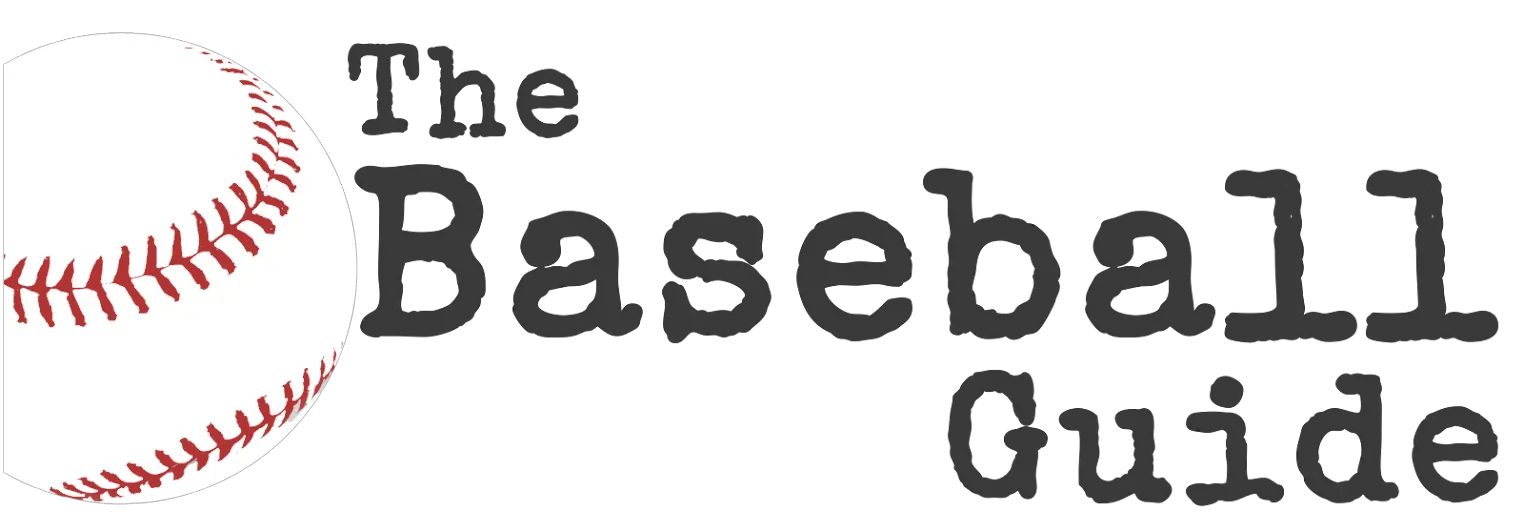In the game of baseball, strategy, and player roles are paramount to a team’s success. Two such critical roles, often pivotal in the outcome of a game, are the pinch hitter and the designated hitter. While seemingly similar, each has unique rules and strategic importance that can greatly influence a team’s offensive dynamics. This article will delve into the nuanced differences and tactical uses of a pinch hitter vs designated hitter, shedding light on how managers utilize these players to gain an advantage on the diamond. Whether it’s a late-game substitution or a strategic season-long role, understanding the distinction between the two can enhance one’s appreciation for the complexities of America’s favorite pastime.
What is a Pinch-Hitter in Baseball?
In baseball, a pinch hitter is a substitute batter who takes over for another player in the batting order. This change can happen at any point when the ball is not in play. The team’s manager can select any player who hasn’t played yet as the replacement. Once the pinch hitter enters the game, they occupy the batting position of the player they substituted. Pinch hitters are commonly deployed strategically to substitute a weaker hitter or to gain a platoon advantage.
What is a Designated Hitter in Baseball?
The DH is a batter who specifically takes the pitcher’s place in the lineup. This means they hit but don’t play any defensive position. This rule was introduced to boost offensive production, as pitchers are generally weaker hitters. With the DH, teams can field stronger lineups with dedicated hitters, potentially leading to more runs and excitement. Additionally, the DH allows aging or injured players who excel at hitting to stay active longer, and offers strategic flexibility for managers to exploit matchups or rest players.
However, the DH isn’t without its critics. Some argue it reduces the strategic complexity of the game, as pitchers no longer need to balance hitting and pitching skills. Additionally, it de-emphasizes the pitcher as a two-way player, a traditional aspect of baseball. Despite these arguments, the DH has become a widely accepted rule in Major League Baseball, contributing to a more offensive and dynamic game.
Pinch Hitter vs Designated Hitter
1. Role:
- Pinch Hitter: Temporary replacement for any player (including pitcher) at a specific point in the game.
- Designated Hitter: Permanent replacement for the pitcher in the lineup, batting but not playing defense.
2. Frequency:
- Pinch Hitter: Used strategically in crucial situations, not every game.
- Designated Hitter: Used in every game in leagues where the rule applies.
3. Player Profile:
- Pinch Hitter: Often a backup with strong hitting skills and limited defensive ability.
- Designated Hitter: Primarily chosen for their hitting prowess, regardless of defense.
4. Impact on Strategy:
- Pinch Hitter: Offers tactical flexibility for exploiting matchups or disrupting the opponent.
- Designated Hitter: Increases overall offensive potential and allows for more specialized lineups.
5. Presence in Baseball:
- Pinch Hitter: Universal rule in baseball.
- Designated Hitter: Used in Major League Baseball and some international leagues, but not universally adopted.
